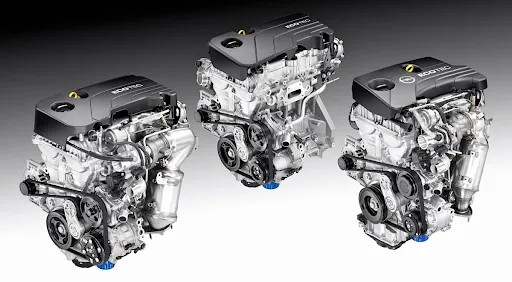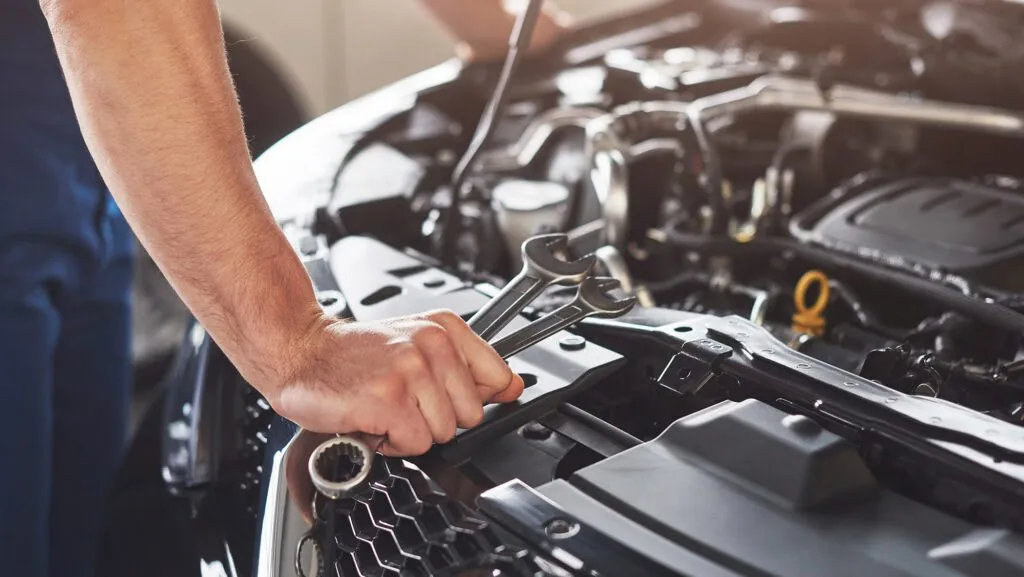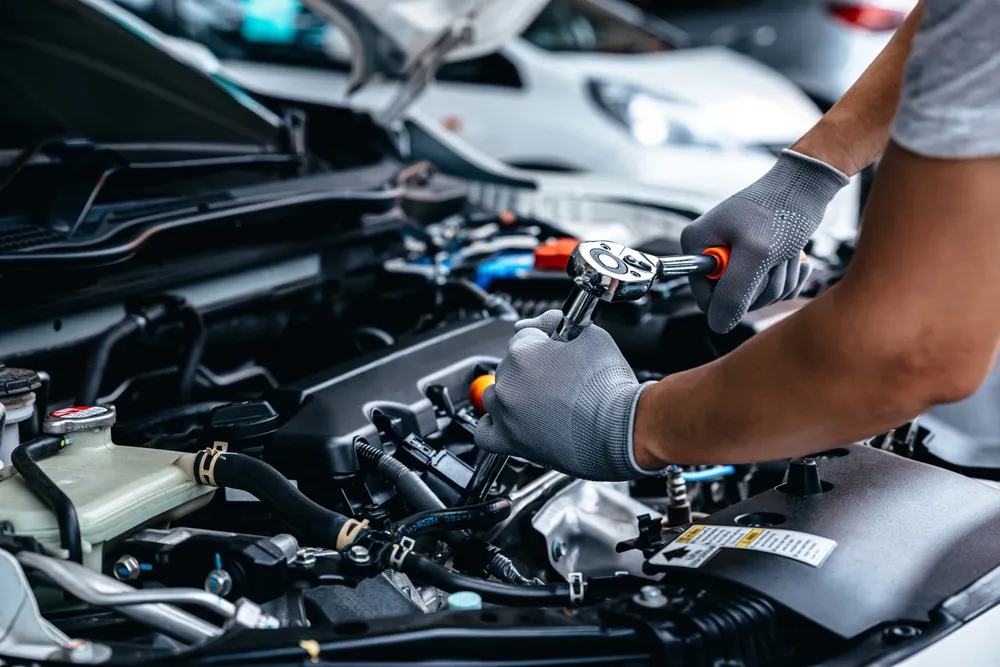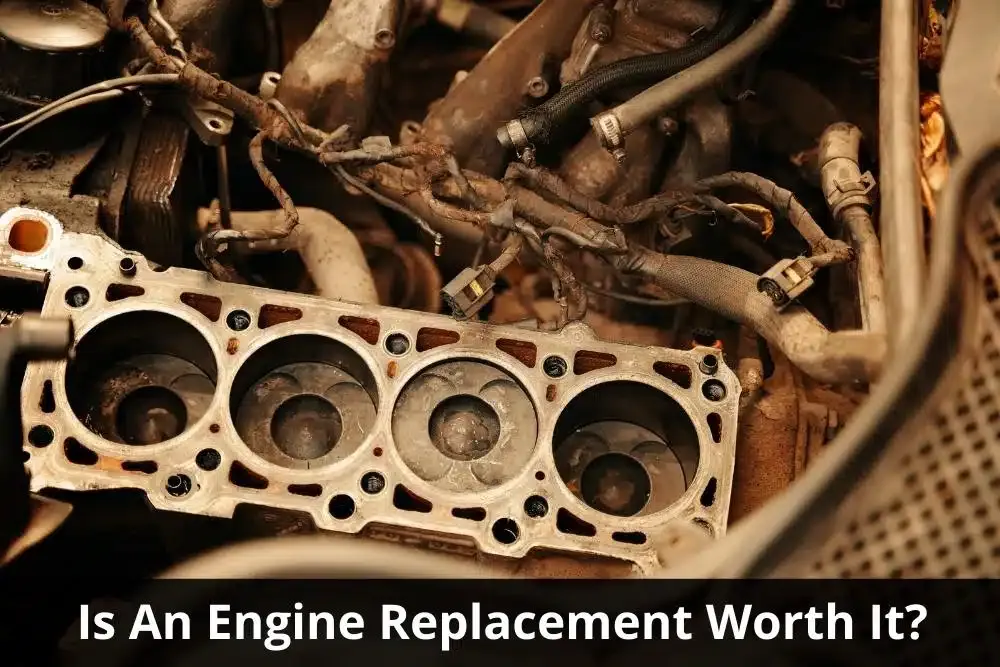Mon - Fri: 8am - 5pm, Sat - Sun: Closed

6-36 Month Warranties
We Ship Local.
Hablamos Español.
Connect with
Common Signs Your Engine Needs Replacing
Engine Failure Symptoms
Identifying Key Symptoms of Engine Failure
When a vehicle begins to exhibit reduced power or increased fuel consumption, it's often an early indicator of potential engine problems, marking important engine failure symptoms. These symptoms suggest that the engine might not be functioning efficiently, which can lead to more serious mechanical issues if not addressed promptly. Recognizing engine performance issues, including engine misfire signs, is necessary in preempting complete engine failure.
Accompanying these performance declines are often unusual noises from under the hood, such as knocking or rattling sounds. These noises can signal loose components or worn parts within the engine, particularly bearings that are necessary for smooth operation. Ignoring these sounds, which are clear signs of engine wear, can result in more significant damage, escalating repair costs and complexity.


Prompt engine diagnostics evaluations are necessary when these engine noise issues appear. They help pinpoint the exact issues, allowing for timely repairs before they evolve into major failures. Regular engine checks and engine maintenance tips can prevent these symptoms from developing, thereby extending the engine lifespan and maintaining the vehicle's performance and reliability.
Economical Importance of Repairing vs. Replacing Your Engine

Deciding between repairing or replacing an engine often hinges on evaluating engine repair vs replacement scenarios, which depend on various key factors. You'll need to consider the vehicle's age, the engine's condition, and the cost implications of each option. For older or severely damaged engines, engine replacement might be more cost-effective, especially when considering engine replacement cost.
Visible signs of engine wear, such as excessive oil consumption, smoke, reduced compression, and increased noise, usually suggest that replacing the engine might be more economical than continuous repairs. These indicators signify that the engine's efficiency may be dwindling and nearing the end of its functional lifespan, indicating when to replace engine.
When making this decision, it's also necessary to evaluate the potential resale value of the vehicle after repairs or engine replacement. An engine replacement might increase the resale value of a car, making it a more attractive option if you plan to sell in the future. A mechanic can also assess the overall health check of the engine to verify any investment is justified based on its current market value and expected life.
Maximizing Engine Health Through Routine Maintenance
Extending the lifespan of your engine is difficult for both vehicle performance and financial efficiency, and achieving this begins with proactive and consistent maintenance. Regular oil changes are the cornerstone of engine care, necessary for lubricating moving parts and preventing excessive wear. Equally important is maintaining the cooling system, which involves regular checks and replacements of coolant as well as inspections of the radiator and water pump. This prevents the engine from overheating, a common cause of serious engine damage.
Replacing filters and spark plugs at recommended intervals is another key aspect of maintenance. Clean filters verify that the engine breathes properly and operates efficiently, while timely spark plug replacement verifies optimal combustion, difficult for maintaining engine performance and fuel efficiency.
Verifying that the ignition system is in good working order is also difficult to avoid starting problems and uneven engine running, which can strain the engine. Lastly, don't underestimate the importance of using the right type of oil and fluids that are specified for your vehicle. Using substandard or incorrect fluids can lead to faster degradation and potential engine problems. Consider the driving habits and conditions under which the vehicle operates. Frequent short trips, heavy towing, and extreme temperatures can all necessitate more frequent maintenance checks.
Balancing Your Budget and Boosting Performance
When considering engine replacement, the costs can vary widely, influenced by the type of engine and the extent of other repairs that might be needed simultaneously. Investing in a new or remanufactured engine can significantly boost your vehicle's performance, increase fuel efficiency, and potentially extend the vehicle's lifespan. Although the upfront investment can be substantial, the benefits often outweigh the initial cost, particularly when considering long-term savings on repairs and the likelihood of improved resale value.
It's important to evaluate these factors comprehensively. A new engine can rekeyize an aging vehicle, making it more reliable and efficient. For many, this is a worthwhile trade-off against the cost of frequent repairs that older engines might necessitate. Consulting with a trusted mechanic can provide a clearer picture of the costs involved and the expected benefits.

Why Houston Engines is the Premier Choice for Engine Replacement
Choosing the right engine replacement provider is pivotal to verifying your vehicle receives the highest quality care. Houston Engines excels in offering top-tier replacements that not only meet but often exceed original equipment manufacturer (OEM) standards. This commitment to quality verifies that every engine delivered performs reliably and durably, suitable for a variety of makes and models.
Our extensive inventory features engines designed for a multitude of vehicles, verifying precise compatibility and performance. At Houston Engines, each engine undergoes rigorous testing to affirm its quality and reliability, providing you with confidence in your purchase. Moreover, each engine is backed by a comprehensive warranty, reflecting our commitment to customer satisfaction and product reliability.
Choosing Houston Engines means investing in your vehicle's future. We provide not just engines, but a comprehensive service that includes ongoing support to verify your engine maintains its performance over time. Trust Houston Engines for a solution that brings new life to your vehicle with unmatched quality and customer care.
Get our latest news and promos
QUALITY ASSURED


SATISFACTION GUARANTEED

UNPARALLELED SUPPORT
Houston Engines
Proud Member



Social Media
Payments Accepted
Ship Via











